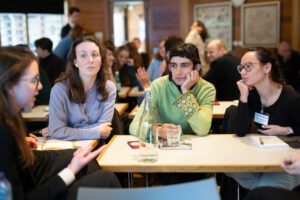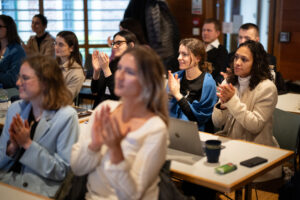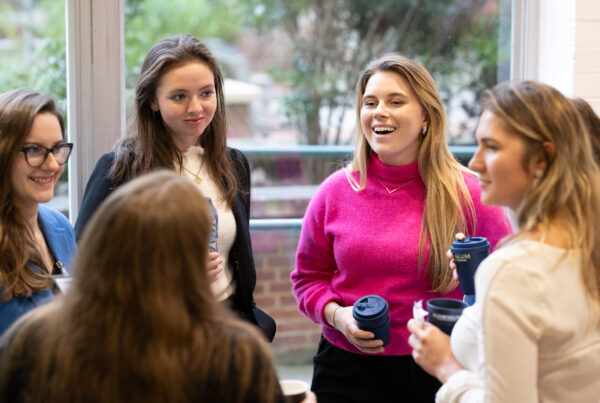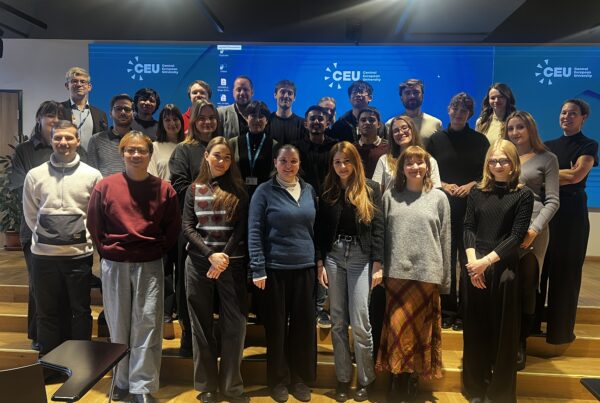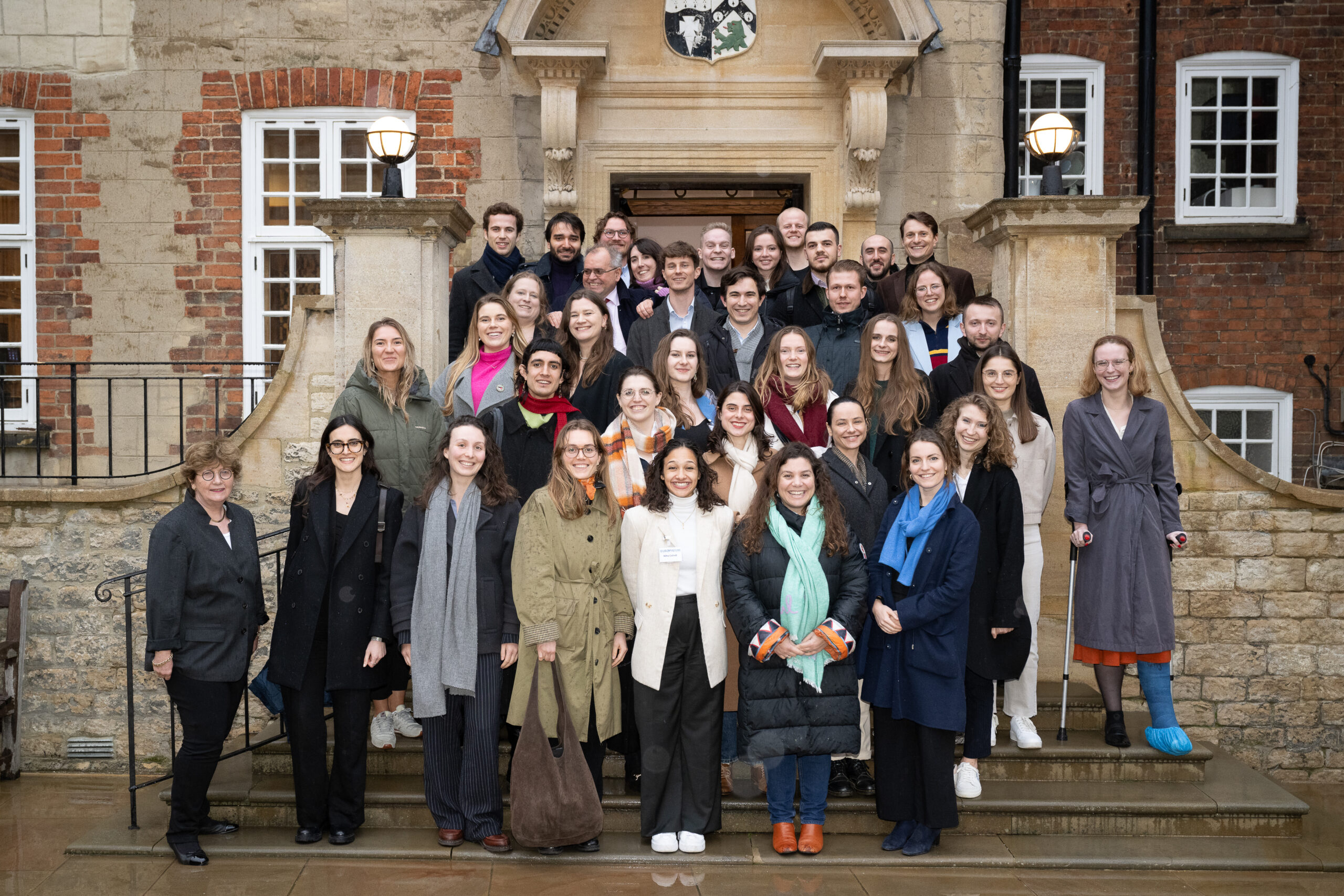
On 10 March the fourth cohort of Europaeum Scholars met for the first time at St Peter’s College in Oxford. For an intensive week, our 30 new Scholars got to know one another and were introduced to the main themes of the Europaeum Scholars Programme. Drawn from across our network, the Scholars are studying anthropology, education, environmental policy, geography, history, international development, international relations, law, philosophy, political science, psychology, public policy and sociology. Their individual doctoral topics range widely too from counterterrorism policy to constitutional limits on free speech in the EU and US, from over-education to ethics in foreign policy, and historical efforts to tackle water pollution to feminist readings of consent. Throughout the week this resulted in many vibrant and interesting discussions across disciplinary boundaries about the issues raised in the talks and workshops throughout the week as well as discussions of multidisciplinary collaborations and the importance of diversity in policy-making.
This first module of the Programme focussed on three main areas. One was larger policy areas impacting Europe. Ivan Krastev and Hartmut Mayer encouraged the Scholars to think about the key policy issues that Europe will face in the coming years while Sophie Stowers’s talk on the impact of Brexit and subsequent discussion covered many areas of important not just for the UK, but for Euroscepticism elsewhere in Europe.
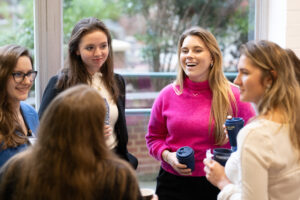
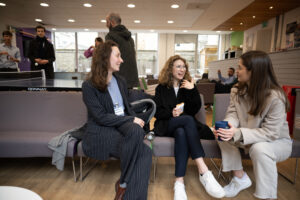
The second main area was policy from the bottom up. Three inspirational talks about services for migrants and refugees (by Shushila Dhall of Refugee Resource), the homeless and unemployed (Paul Roberts from Aspire), and young women affected by criminal exploitation (Abi Billinghurst from Abianda) encouraged the Scholars to think about how to ensure that the needs and opinions of those who will be affected by policy are represented in policy making, whether at local, national or organisational level. They also highlighted some of the areas where current policy fails many citizens and some of the structural challenges that currently make fundamental change difficult.
The final area covered during the module was ethics and leadership. The Scholars had two workshops – one with the Oxford Character Project that encouraged them to consider what sorts of leaders they wish to become and another with the Europaeum Team where they thought through ethical issues in an institutional context and got to decide where they would draw their own ethical red lines and for what reasons in a fictional scenario. An interactive session with Max Kiener considered the ethical implications of AI and the future of work, Roman Krznaric encouraged them to consider what it takes to be a good ancestor, and Jonathan Scheele and Adrienne Cheasty gave them some insider insights on leadership at the European Commission and the International Monetary Fund.
The module concluded with a dinner with several of our Trustees at Balliol College. The Scholars meet next in Brussels in late June. Before then, they will each develop a short proposal for a group project that they wish to work on over the next eighteen months. We look forward to seeing their exciting ideas!
